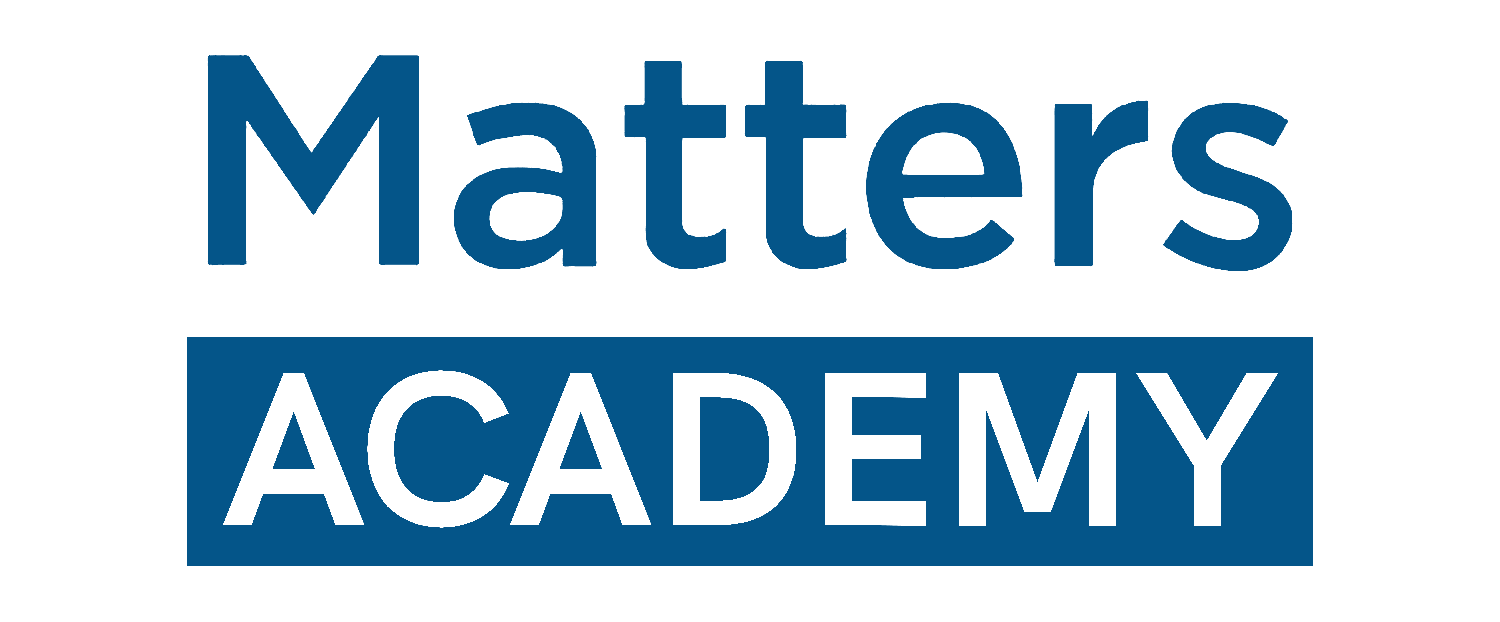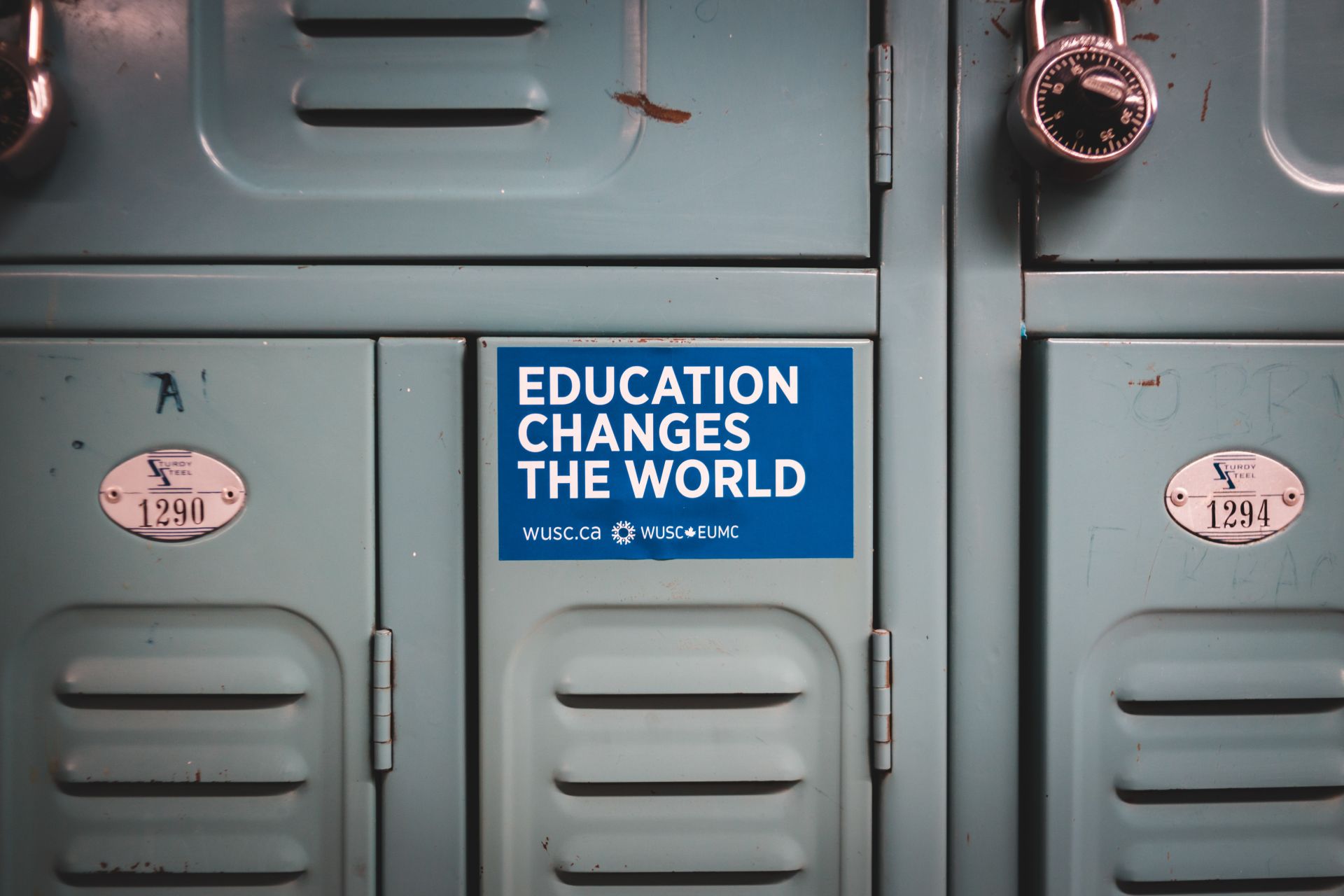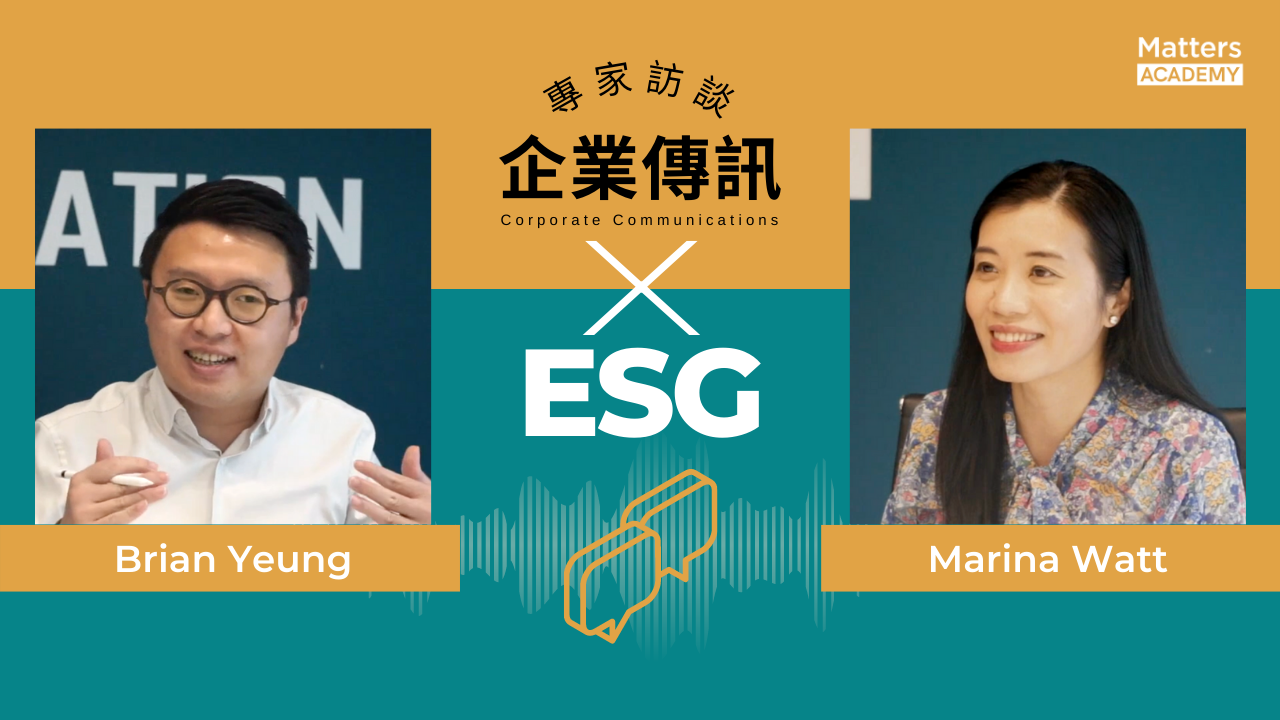The Sustainable Development Goals (SDGs) movement were under the global spotlight at the 76th United Nation's General Assembly’s High-Level Week. With the goal to fulfil the SDGs by the year 2030, is our next generation ready to keep the momentum going beyond 2030? Why and how should we educate our kids about the 17 goals of SDGs? Stockholm+50 provides a perfect platform for experts, educators, teachers, social enthusiasts and parents to look for an answer.
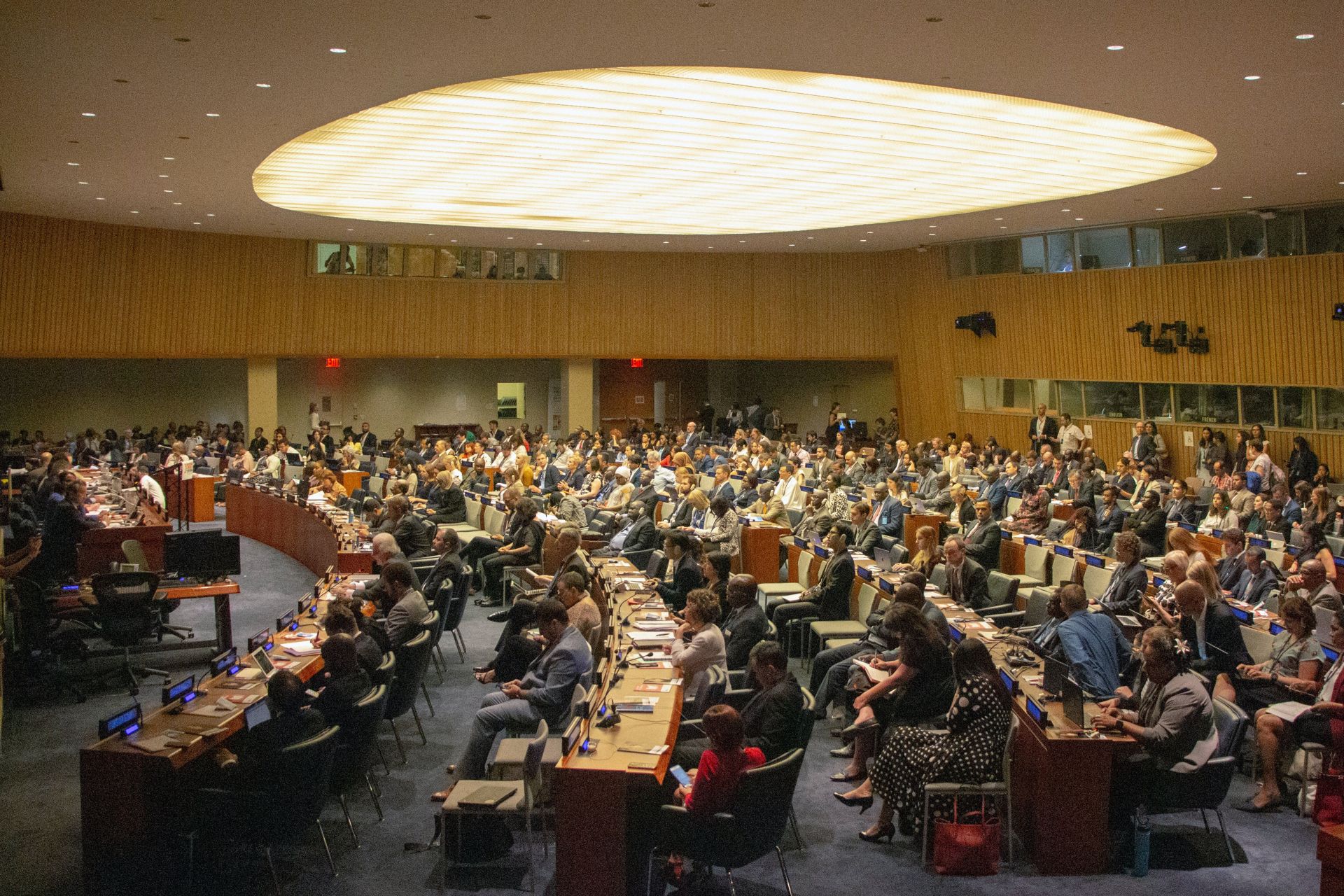
SDGs, as part of the 2030 Agenda for Sustainable Development, was adopted at the UN General Assembly in 2015. For the UN chief, the SDG Moment this year was about “coming together to save our planet and each other.” According to a latest survey released by the Hong Kong Chapter of the United Nations’ Sustainable Development Solutions Network, only 15% of Hong Kong youth (aged 15-30) are aware of the SDGs. In our community in Hong Kong, SDGs can play an important role to address many of the city’s social problems, as well as doing our part to respond to global issues.
Education systems must adapt—or the students of today will face an uncertain future tomorrow. What can we do to help our next generation better prepare for the brave new world? We, parents, can fill the gap. There is clear evidence that parents can and do influence children. Parenting behavior and educational support for their children could cultivate children’s learning habits and are important to their future growth and development. Parents play a crucial role as our children will be the key drivers for this global movement to 2030 and beyond. SDGs is a grand mission but we can start the conversation at the dinner table. Something as simple as a question like: “what kind of world do our kids want the world to be?”. Or join the UN SDG Book Club or other drawing and interactive workshops online for free. Parents can get engaged with their children and make SDGs part of the regular conversation of the family.
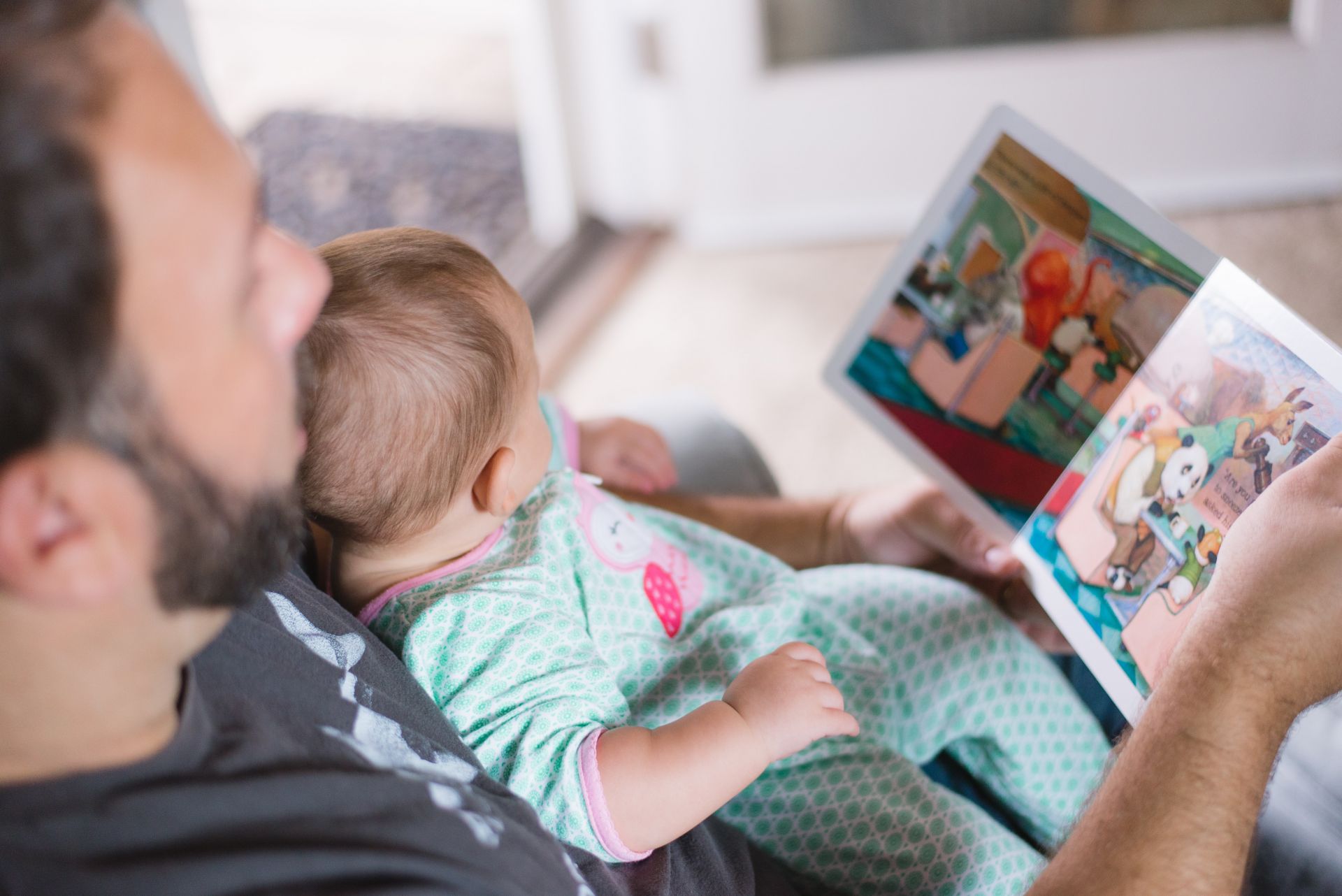
When we talk about the post COVID world, one of the key focus must be sustainability and SDGs. Parents need to equip themselves with sustainability and SDGs knowledge before they can teach their children. There are abundant online resources and events available at our fingertips and parents can go through this learning journey together with our children. Stockholm+50 is one example.
Another good way to educate kids on sustainability issues is to start cultivating a sense of friendship with nature. We all know that getting out into nature is healing for our souls. A study from Trinity College Dublin and the University of California at San Francisco found that going on a 15-minute 'awe walk' each week, where we start to appreciate the world around us, can help boost positive emotions and reduce stress. Another study from the Early Childhood Education Centre at the University of Maine found that natural experiences are positively linked to early brain development and they provide opportunities to hone gross motor skills, stimulate brain-boosting chemicals that improve neuron-to-neuron communication, and help produce new cells in the brain. Another benefit of these little moments with nature is that they can stimulate curiosity and creativity. Getting out doors and into nature is good for people of all ages.
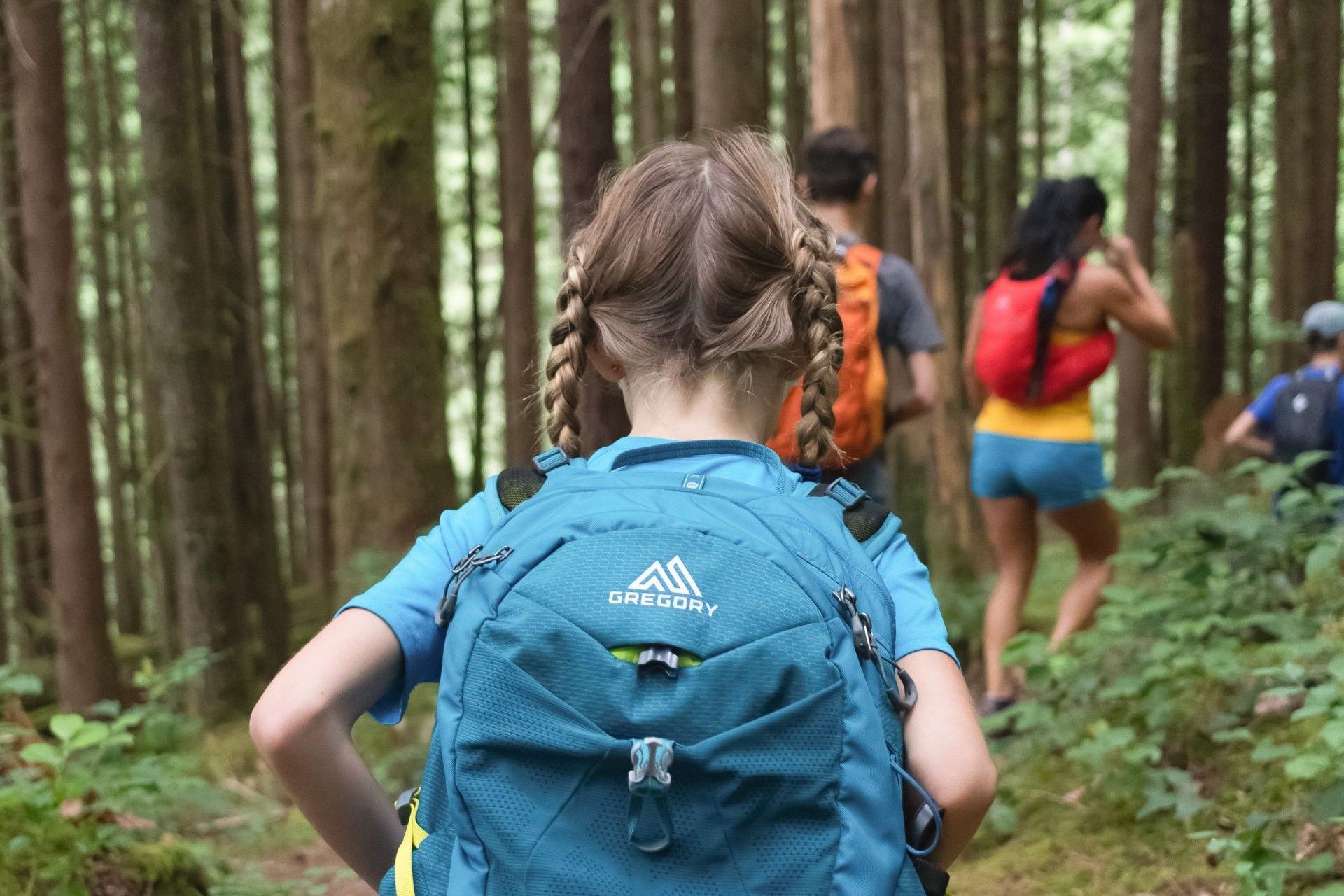
Time is not on our side. We need to complete the mission to realise the 17 SDGs covering issues from food security, climate, education and others in less than 10 years. Living in such an interconnected world – our decisions today are shaping the world that our next generation will face. As a responsible parent, it is important for us to talk about SDGs with our children now.
Without a doubt, learning never stops. As the renowned American philosopher and education reformer John Dewey put it, “Education is a process of living and not a preparation for future living”. Education is not to solve problems of the future, nor the past; it is to tackle the ongoing pertinent development of issues through social and human interactions. Both students, parents and educators will be able to overcome the contradictions and problems they encountered during and after the global pandemic.
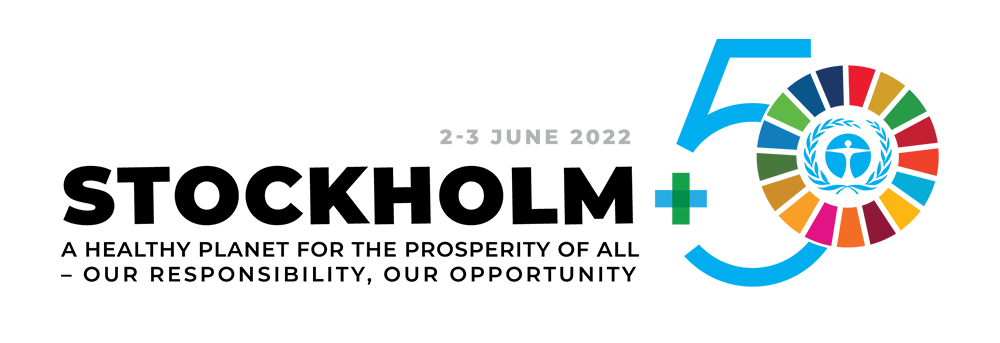
Stockholm+50 is an important occasion to raise awareness about the importance of protecting our planet. It sets a path for us to build back after the Covid-19 pandemic and to overcome the crisis of climate change, of nature and biodiversity loss, and of pollution and waste. I strongly encourage parents and educators to keep themselves updated of the latest happenings and events around Stockholm+50 with their kids. Only by engaging our children in experiential learning with hands-on experience and reflection, they will be able to connect to important topics like sustainability and other real-world situations.Time is not on our side. We need to complete the mission to realise the 17 SDGs covering issues from food security, climate, education and others in less than 10 years. Living in such an interconnected world – our decisions today are shaping the world that our next generation will face. As a responsible parent, it is important for us to talk about SDGs with our children now.
Marina Watt
Media Columnist in Education and Parenting
PhD Candidate in Education at the University of Bristol
As the Co-founder of Brianstorm Content & Brandstorm Communications, Marina Watt has 15-year experience in the commercial and the non-profit sector with an expertise in media relations, corporate social responsibility and project management. Prior to her business venture, she headed the communications department of the Yidan Prize Foundation. In her previous role with Hang Seng Bank, she assisted the Bank winning Silver Award from China’s International Public Relations Association (CIPRA) in 2016. She also worked for Sun Hung Kai Properties and The Hong Kong Federation of Youth Groups.
Currently she is a doctoral candidate of education at the University of Bristol. She is the author of an electronic book titled A Picture Book About Coronavirus Prevention and a set of affirmation cards. She is the co-author of Six Future Skills You Should Learn Now.
She is also a committee member of The Helena May and the convenor of the executive committee of Hong Kong Public Relations Professionals' Association.
